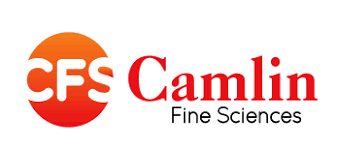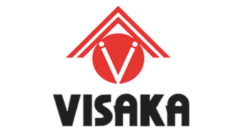Select the right ones to get the best:
While normal diversified funds are well understood, there are certain other varieties of equity funds whose suitability to investors with different risk profiles is not well known or understood. Let us analyse a variety of funds that are diversified in nature but have different investment styles/philosophies.
These are by definition, diversified funds. The only difference is that, unlike a diversified fund, the offer document of a multi cap / flexi cap fund generally spells out the limits for minimum and maximum exposure to different market caps. To that extent, an investor retains the control on the exposure to each market segment, which is not possible in a typical diversified fund.
Contrarian Fund:
A contra fund is positioned against conventional wisdom. In other words, a contrarian fund invests in out-of-favour companies but at the same time have unrecognized value. It is ideally suited for investors who want to invest in a fund that has the potential to perform in all types of market environments as it blends together for both growth and value opportunities.
Index Fund:
An index fund is a type of passively managed fund that seeks to track the performance of a benchmark market like BSE Sensex of S&P CNX Nifty. The major advantage of investing in an index fund is that one knows exactly the shares the fund would invest in. The downside of investing in an index fund is that one forfeits the possibilities of earning above average returns.
Dividend Yield Fund:
A dividend yield fund invests in shares of companies having high dividend yield. Most of these funds invest in the stocks where the dividend yield is higher than the dividend yield of a particular index i.e. Sensex or Nifty and are ideal for investors who are looking to diversify within equity segment and require regular dividends.
Sector Fund:
A sector fund is highly focused in that its investments are aimed at a particular industry. The basic idea is to enable the investors to take advantage of industry cycles. Since sector funds ride on market cycles, they have the potential to offer good returns if the timing is perfect. However, as sector funds invest in one industry or sector, they do not provide the downside risk protection available in a diversified fund.
Thematic Fund:
A thematic fund focuses on structural as well as cyclical factors that play an important role in the economy. A thematic fund looks for trends that are likely to result in out performance of cetain sectors or companies. By incorporating macro environment in the investment process, a thematic fund adds value and protects investments from adverse movements in the macro environment. At the same time, there is a danger that the market may take more time to recognize views of the fund house with regards to a particular theme which forms the basis of launching a fund.
Exchange Traded Fund:
ETF is a hybrid product that combines the features of an index fund as well as stocks. These funds are listed on the stock exchanges and their prices are linked to the underlying index. ETF can be bought and sold like any other stock on an exchange at prices that are expected to be closer to the NAV at the end of the day.

 Home
Home Saral Gyan Freebies
Saral Gyan Freebies Saral Gyan Services
Saral Gyan Services About Us
About Us Contact Us
Contact Us



















